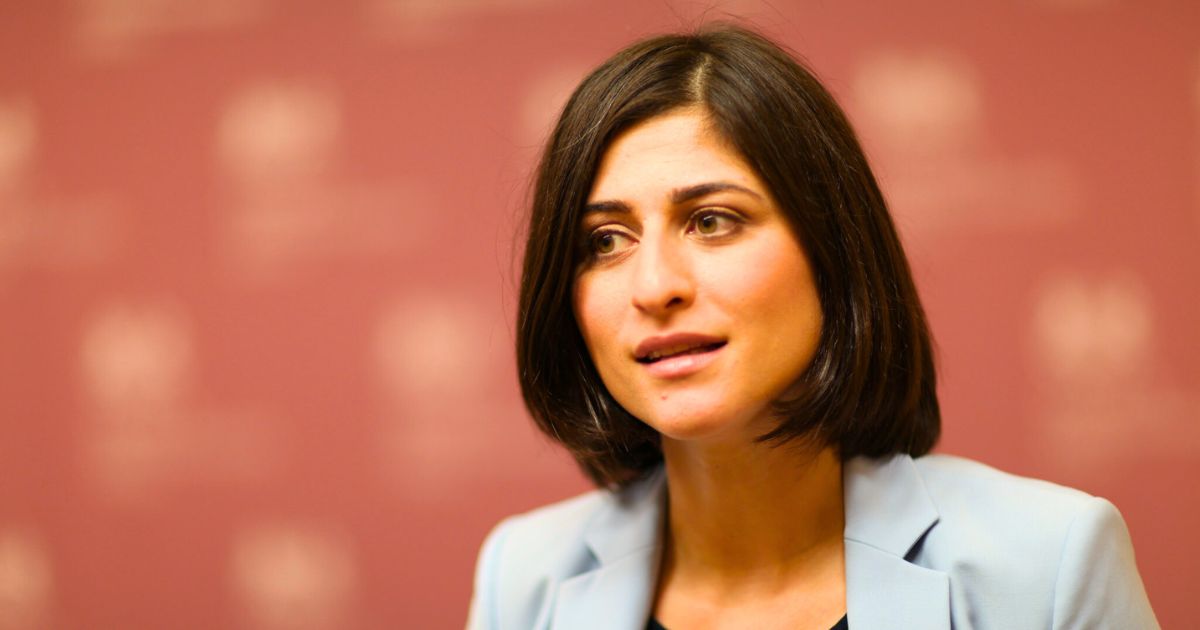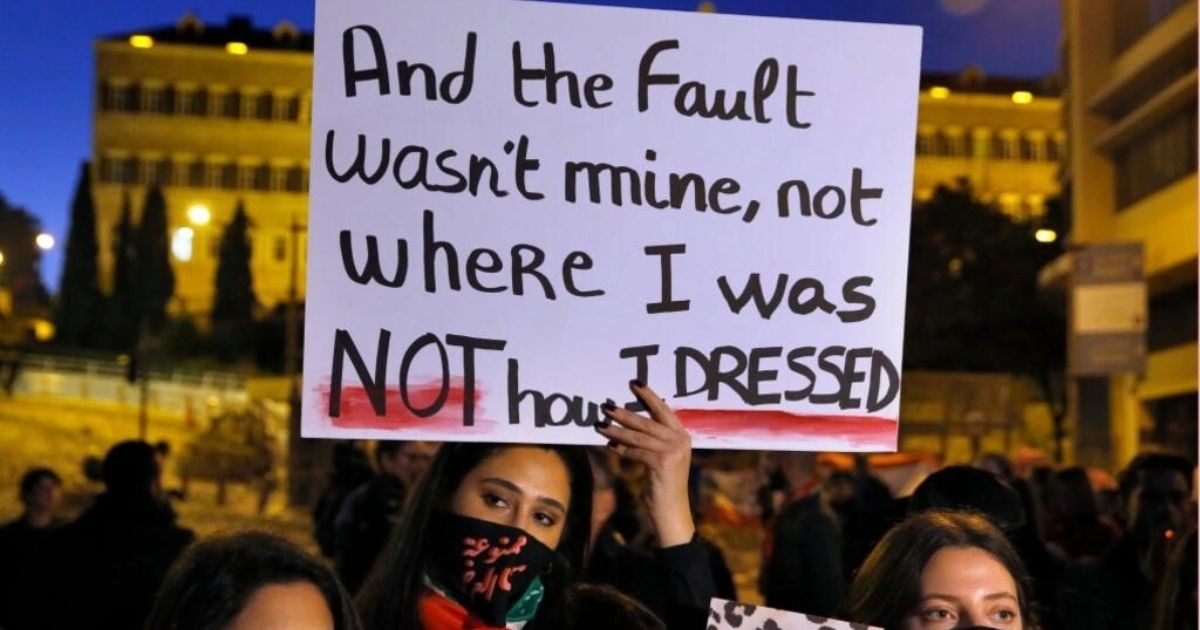The Lebanese revolution has given a more expansive space for feminist movements to press further for their demands for equality.
Institut Français du Liban along with the Joumana Haddad Freedoms Center just launched the first edition of the International Feminism Festival on February 27th at Beit Beirut.
The festival was held for three consecutive days, covering films, theatrical performances, workshops, and discussions highlighting women’s status in the Middle East, and the history of feminism in the light of recent events.
The French Ambassador to Lebanon, Bruno Foucher, initiated the event that was attended by guests from several countries.
According to Ambassador Foucher, even though this event highlights women’s rights, women still have a long way to go to get their basic rights in Lebanon, especially when it comes to personal status.
As the author and activist Joumana Haddad told the Daily Star, “there’s a lot of discrimination and injustice, and that needs to change.”
It is 2020 and women’s rights are still lacking, not only in Lebanon but in the entire Western world. This event is important to the entire Lebanese society and genders. It is for “all human beings who are interested in justice and human dignity,” Haddad asserted.
The feminist movement got the needed push from the Lebanese revolution. “One of the main sources of inspiration came from the thawra,” director of the Institut du Français du Liban Véronique Aulagnon said in an interview with The Daily Star.
“It was in line with what people are interested in today and because women were at the forefront,” she added.
Gender inequality remains an impairment to the Lebanese society. Lack of female participation in society, politics, and the economy is largely due to social norms.
Lebanese women have long been limited to bloom to their full potential in contributing to the best of their country because of discrimination.
Not only that, but Lebanese laws in sectarian courts have also been harmful to mothers and their children in cases of divorce and marriage annulment; as seen in the recent case of Lina Jaber.
In addition to that, we cite the unfair laws that forbid Lebanese mothers to pass on their nationality to their kids if they are not married to Lebanese men, denying them as such the basic biological reality of their DNA.
Lebanon needs many urgent reforms in regard to women’s rights. The Revolution has come at a time when the sufferings of the people, including Lebanese mothers and Lebanese women, have reached an unbearable level. Changes must be made.

















